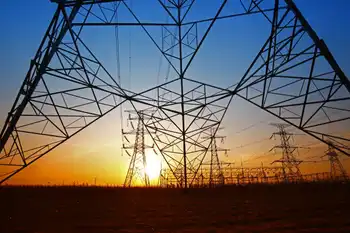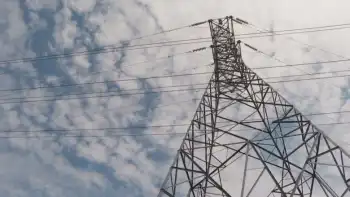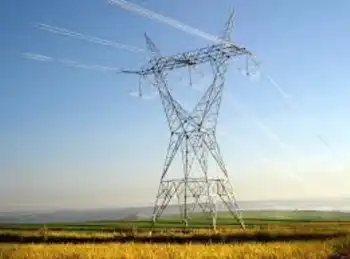Gaz Métro Increases Footprint in Vermont
MONTREAL - - Quebec gas company Gaz Métro is again going south of the border to fuel its expansion with a $472-million U.S. deal to buy Vermont’s largest electric utility, the latest move in the growing consolidation of the U.S. power business.
Montreal-based Gaz Métro beat out Canadian rival Fortis Inc. of St. John’s in the contest to win Central Vermont Public Service Corp.
CVPS terminated a previous agreement to accept Fortis’s all-cash $35.10-per-share offer after its board concluded that Gaz Métro’s $35.25 offer is the better one.
Gaz Métro – 29-per-cent-owned by Valener Inc. VNR-T16.23-0.02-0.12 – says it plans to merge CVPS with the Vermont utility it already owns, Green Mountain Power Corp., to create the 75th-largest electricity distributor in the U.S., with about 250,000 customers and a rate base of $1-billion.
The deal comes amid a growing appetite for mergers and acquisitions in the sector of U.S. publicly listed electric utilities as they seek ways to offset slowing demand for electricity and the rising cost of investments in new technologies and environmentally friendly measures.
“There is a virtue to being small, but there is also a cost,” said Gaz Métro chief executive officer Sophie Brochu.
The merger of the largest and second-largest utilities in the state will generate $144-million in customer savings over 10 years, Gaz Métro said.
“There is tremendous value that the merger will bring,” said Green Mountain Power CEO May Powell, who will head up the merged entity.
“By creating one stronger company, we can achieve much more for the customer, including improved service,” she said.
Branko Terzic, executive director of the Deloitte Center for Energy Solutions, says several factors are driving consolidation in the U.S. electricity sector, including opportunities for improved earnings and efficiency gains through cost savings and the ability to better finance technological innovations such as smart grids.
Adding to the favourable climate has been a less-onerous regulatory framework as governments in tough economic times are better disposed to mergers that promise lower rates thanks to efficiencies and large scale, Mr. Terzic said.
“In previous decades you had these extended proceedings that sometimes went on for three years or more, such that [a] deal got called off.”
The U.S. also makes for a choice hunting ground for foreign companies – such as those from Canada, where buying opportunities are few and far between, especially given the dominance of public utilities – because it is one of the few places in the world with a large number of investor-owned assets, he said.
Experts say an added impetus to consolidation is the slowing demand for electricity as manufacturers and consumers switch to smarter, lower-power-use facilities and gadgets as well as solar panels and other energy-saving devices.
The slump is helping push utilities into merger or acquisition deals in order to secure bigger scale and cost savings.
Ms. Brochu says Gaz Métro has the added advantage of already being present in the electricity business in Vermont and thus being able to build on its strengths rather than buying in a state where it has no presence.
“We’re growing our business and our ability to generate profits. We’re in a state we know, in a business we’re getting to know.”
For now, the focus is on merging the two power companies, and any possible future deals – either in Vermont or in other states – will have to wait, she said.
“This is a big bite. We want to digest it and make it a great success. Then we’ll see what the future will bring.”
Related News

Solar power growth, jobs decline during pandemic
LOS ANGELES - Job losses associated with the COVID-19 pandemic have wiped out the past five years of workforce growth in the solar energy field, according to a new industry analysis.
The expected June 2020 solar workforce of 188,000 people across the United States is 114,000 below the pre-pandemic forecast of 302,000 workers, according to the Solar Energy Industries Association, which said in a statement Monday that the solar industry is now losing jobs at a faster rate than the U.S. economy.
In Massachusetts, the loss of 4,284 solar jobs represents a 52 percent decline from previous projections, according to the association’s…




